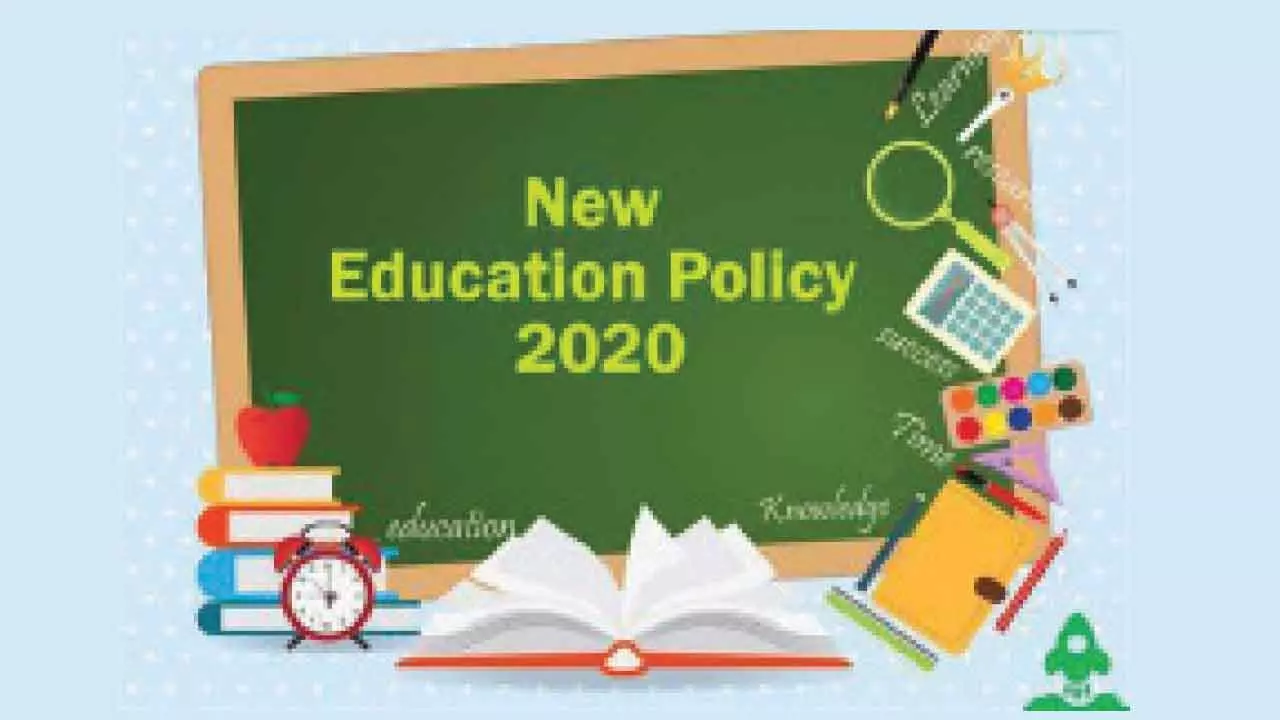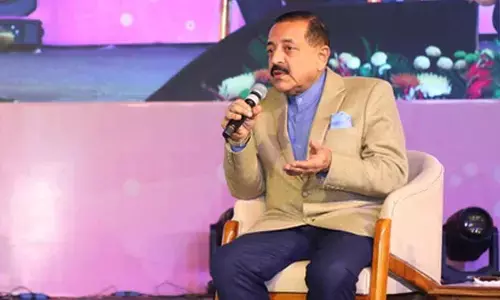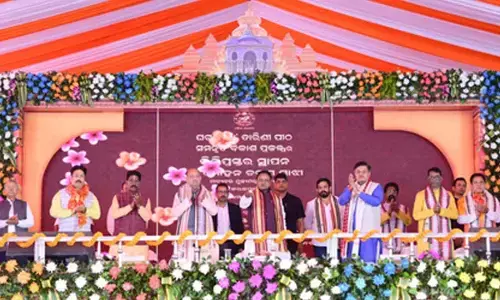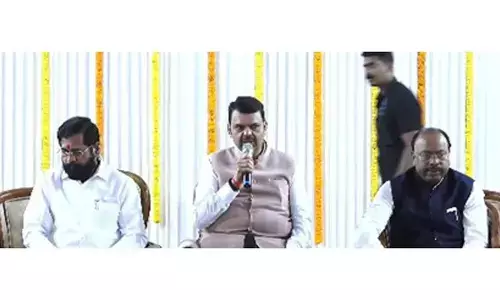What is the devil lurking in the dark? Hindi or English?

A closer look at the status of Telugu in Telangana reveals an intriguing scenario
Hyderabad: Is Hindi a hidden devil lurking behind the National Education Policy 2020, aimed at subjugating South Indian languages such as Telugu, Tamil, Kannada, Konkani, Tulu, and various other tribal languages?
Amid the ongoing debate surrounding the three-language formula proposed in the policy, a closer look at the status of Telugu in Telangana reveals an intriguing scenario.
For instance, consider the number of candidates scheduled for evaluation in the main examination of the Group-I services under notification no. 02 of 2024.
The examination consists of six qualifying papers. They include English, General Essay, History and Culture, Geography, Indian Society, Constitution, Governance, Economics and Development, Science and Technology, Biotechnology, and Data Interpretation.
Additionally, there will be an exclusive paper on the Telangana Movement and State Formation. According to the Telangana Public Service Commission (TGPSC), "A total of 20,161 answer scripts were evaluated for the main examinations of Group I. Of these, 12,323 candidates took the exam in English medium, 7,829 in Telugu medium, and only 9 candidates in Urdu medium." According to The Hans India, sources within the TGPSC indicated that those who qualify for the Group-I services will be posted in various state government departments. However, the language they will need to use while interacting with the public in their official duties will primarily be Telugu, followed by Urdu.
That apart, currently, about 9.96 lakh candidates are appearing for the first and second years of Intermediate Public Examinations (IPE) - March 2025. Inquiries at the Telangana Board of Intermediate Education (TGBIE) revealed that more than 80 per cent of the students studying in government and private junior colleges appearing in the ongoing examinations are writing their examinations in English medium.
The situation is not different when it comes to students studying their undergraduate and postgraduate courses in government and private colleges, besides private and public universities in the state.
When asked, a senior professor from Osmania University said there is a fundamental problem with the system. "The entire education system and the expenditure incurred in thousands of crores annually, either by the government or private has been aligned to the English language."
Besides, the knowledge economy and human resources coming out of it are primarily looking 'outward' rather than 'inward' due to continued colonial influence. For example, not more than 2 per cent of about 2.5 lakh engineering and medical graduates passing out annually from both the Telugu states go out of the country at any given point in time. Not more than 45 per cent of them are being recruited by industry citing that others lack either domain skills or communication skills in the English language.
Given this, Hindi does not appear anywhere on the scene – either when the students are studying or seeking gainful employment. Or, is there any data to show that the Hindi language poses a threat or detrimental effect on the Telugu language? "Everyone from the government to policymakers to academicians knows what is the devil lurking in the dark. But no one is prepared to address the fundamental issues ailing the education system," added a senior official from the State Higher Education department.

















